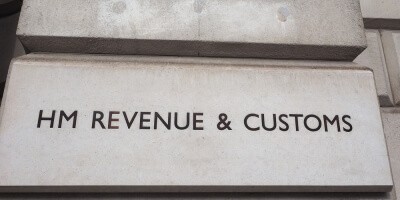
A large number of employers across the UK have EBTs in place having been widely used over the last 20 years as a method of remunerating staff through tax-free loans rather than standard PAYE.
In the Supreme Court ruling RFC 2012 Plc (formerly Rangers Football Club Plc) v Advocate General for Scotland, five judges declared that payments via EBTs should be deemed taxable income.
In what has been commonly dubbed the ‘big tax case’, HMRC argued that around £47m paid to Rangers players, managers and directors between 2001 and 2010 in tax-free loans should have been taxed as earnings. Rangers disputed this and were encouraged by several tribunals ruling in their favour. However, the Supreme Court’s dismissal of Rangers’ latest appeal has unequivocally settled the case in HMRC’s favour and experts believe this could have a ‘profound effect’ on similar avoidance schemes.
We are handling a number of employer enquiries following HMRC’s Supreme Court victory and are aware that follower notices are now being sent out by the Revenue.
Julie Palmer, regional managing partner at Begbies Traynor, commented:
“The ruling represents a comprehensive triumph for HMRC and the ripple effect looks to be wide reaching as seemingly such payments into trusts will be treated as earnings regardless of where they were paid.
“Business owners who have paid into EBTs and haven’t yet reached a settlement with HMRC should be poised for a follower notice. The concern is that many businesses haven’t budgeted for these tax payments and the financial impact may lead to some instability.”
The saga around EBTs has rumbled on for a number of years. In 2014, HMRC’s director-general of enforcement and compliance, Jennie Granger, had warned that “time is running out” for EBT users to reach a favourable agreement with HMRC.
At the time, she said: “EBTs are avoidance vehicles and we will continue to pursue those who do not pay up. I would encourage all employers who have used these schemes to take this opportunity to settle under these clear terms. They can hold out and litigate, but they may well end up paying more tax, as well as big legal fees. They are also up against HMRC’s strong litigation record – we win around 80% of avoidance cases heard in the courts.”
Now, HMRC has secured one of its most important victories by winning its case against Rangers FC and the Revenue is on the march to recover taxation initially lost to these trusts.
More Begbies Traynor News
Contact Begbies Traynor Group

You're in Safe Hands
News Archive
News Categories